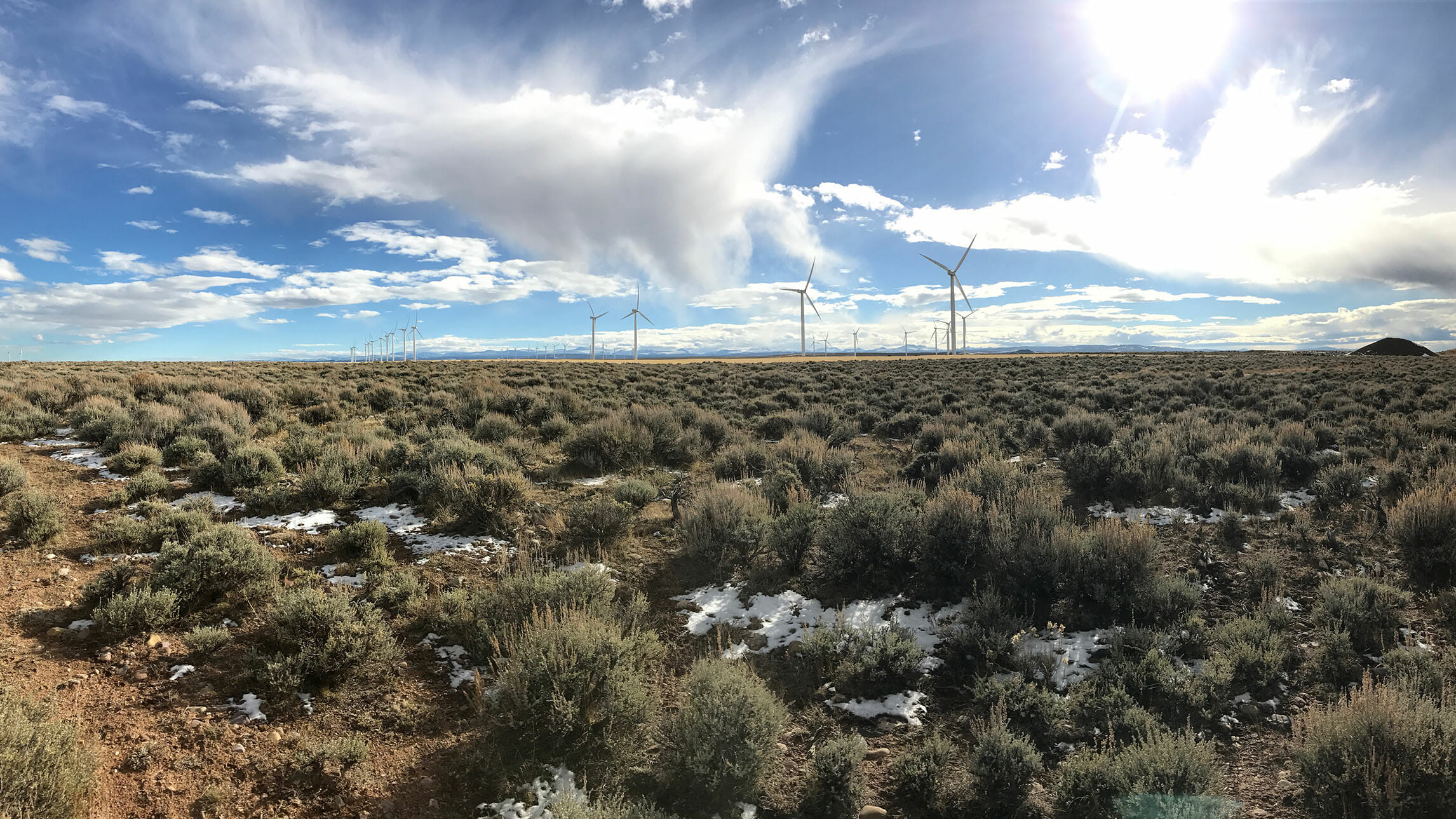One of my co-workers always likes to start a conversation talking about the weather.
Usually it happens in the dead of winter. He lives in Arizona. I live in Montana.
“How’s the winter?” he will ask.
“Oh. Cold. Minus 20 yesterday. The same today.”
He’ll laugh and I will huddle closer to the fire, waiting for the punchline.
“Sunny and 75 here,” he says. “You really need to sell that place and move south.”
Not surprisingly, he usually stops asking around June and I don’t have the heart to rub it in that he’s sitting in 115 degrees in the shade. It’s a good natured exchange —one we’ve honed over a decade.
But lately, as with so many things, I feel the good natured aspect beginning to slip away from the conversation. The headlines this week about the Arctic burning, the East coast sweltering, and hurricanes in the Gulf, make me wonder how long that conversation can stay light hearted.
The thing is “How’s the weather,” just feels like so much more than small talk these days.
As climates change and weather patterns get weirder and weirder, I find myself looking for any indication that we’re going to make progress in reducing emissions. For every bluebird Montana summer day, I dread how many seasons filled with drought and wildfire there are to come.
But this past week there was progress. A hearing by the House Natural Resources Committee set the table to advance widely supported bipartisan bill to encourage renewable energy development. The Public Lands Renewable Energy Development Act balances protections for fish and wildlife with responsible development. The bill would:
- Establish a forward-looking and efficient management system for wind and solar projects on public lands
- Direct at least 25 percent of royalties to a conservation fund
- Direct another 50 percent to state and local governments where projects are located
- Encourage smart planning and balance between development and protection of fish and wildlife resources
In truth, the bill has been around for nearly a decade. But hope is, and must, spring eternal in cases like this.
As I saw the Arizona area code pop up on my phone this morning, the consequences of “How’s the weather,” seemed no less dire. But they did feel slightly more manageable.



